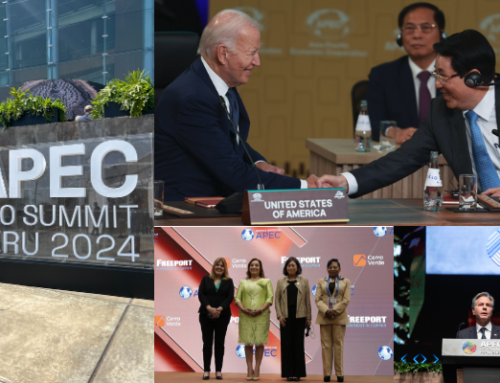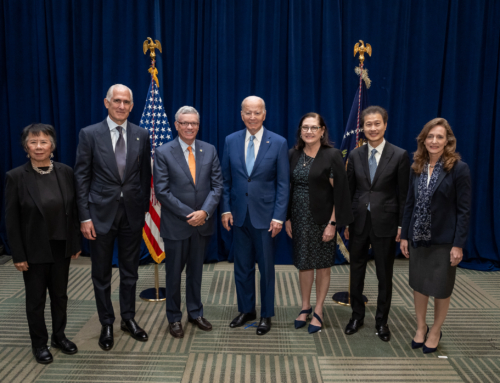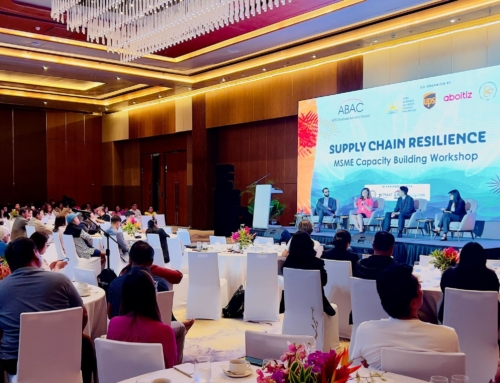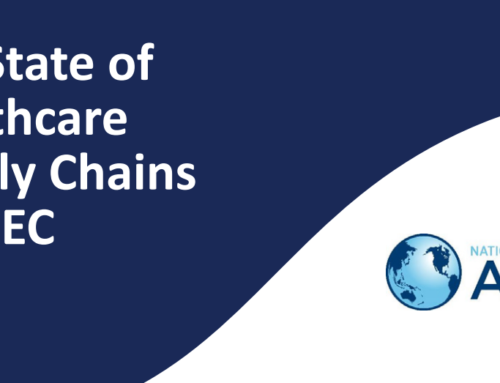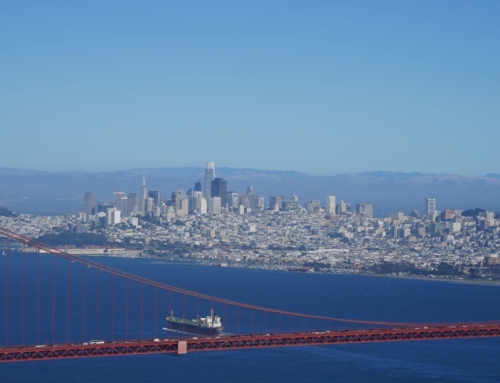As chair in 2023, the United States is well-positioned to align the priorities and themes of the Asia Pacific Economic Cooperation (APEC) forum with its vison for the norms and values that underpin trade and commerce in the Indo-Pacific region, just as it did when it chaired the organization in 1993 and 2011. In 1993, then-President Clinton raised the profile of APEC – a ministerial gathering since its creation in 1989 – by inviting Leaders to a summit near Seattle. The U.S. also laid the groundwork to establish the mechanisms for private sector input to APEC that remain vital today, the APEC Business Advisory Council chief among them. When APEC Leaders gathered in Honolulu in 2011, APEC served as a platform for President Obama to announce a “pivot to Asia” and the U.S. joined 10 other economies in a consensus statement on the broad outlines of the Trans-Pacific Partnership. Currently, the Biden administration is preparing to launch the Indo-Pacific Economic Framework (IPEF), an effort aimed at strengthening economic ties between the U.S. and the region. APEC 2023 will again present the U.S. with the opportunity to leverage APEC to advance its broader economic goals for the Indo-Pacific.
Later this year, the administration will select APEC 2023 themes, priorities, and deliverables that will reflect its objectives for its chairmanship. These will support implementation of the Aotearoa Plan of Action and likely incorporate long-standing U.S. priorities of sustainability, climate change, women’s economic inclusion, trade and workers, the digital economy, and trade facilitation. Where synergies exist, 2023 priorities may also align with the four pillars set out in the IPEF: fair and resilient trade rules in areas like digital trade, labor, and the environment; supply chain resilience; infrastructure and green technology; and tax and anti-corruption.
In addition to setting the substantive agenda, the U.S. will be responsible for managing the logistics for dozens of meetings between December 2022 and late fall 2023. This includes selecting the locations for Senior Officials’ Meetings (SOM), ministerial meetings, and the APEC Economic Leaders’ Meeting. In 2011, the U.S. held SOMs in Washington D.C.; Big Sky, Montana; San Francisco; and Honolulu. These locations provided APEC representatives an opportunity to experience the geographic diversity of the U.S. A similar approach is expected for 2023.
Bringing APEC to the U.S. provides numerous unique opportunities for stakeholders from business, academia, and other organizations to engage directly with APEC officials. These include participation in policy dialogues that shape government deliberations on key trade and economic policies as well as site visits that provide policymakers with a firsthand view of innovative technologies and business operations. Direct engagements such as these make APEC unique among international organizations and ensures that its work is relevant to stakeholders in the Indo-Pacific region.
As Secretariat to the U.S. APEC Business Advisory Council members and for the U.S. Committee for the Pacific Economic Cooperation Council, NCAPEC is well-placed to lead the coordination of private sector engagement during APEC 2023. This includes organizing the 2023 APEC CEO Summit and creating platforms that will provide meaningful opportunities for stakeholders to engage with APEC officials and demonstrate the value the U.S. government and private sector place on maintaining strong economic ties with partners in the Asia Pacific.


